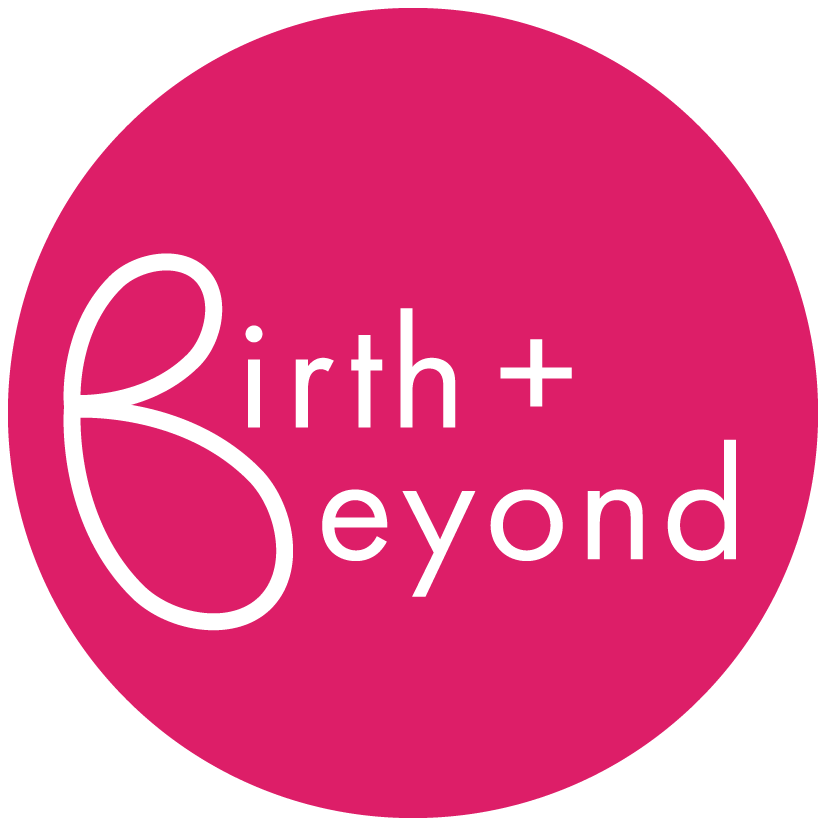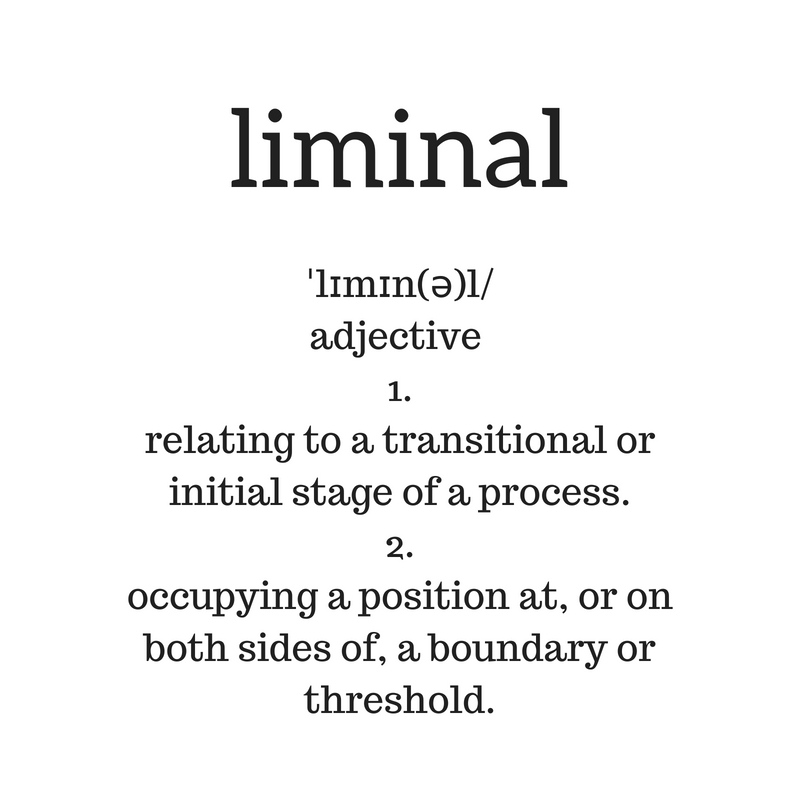People often say to me 'I don't feel like myself.' And it's true, one of the ways that motherhood can surprise us is that it can challenge our ideas about who we are.
We often get into ways of relating to the world that work pretty well for us and make us feel good, so if motherhood forces us to re-evaluate some of those, it can really shake us to our core. In psychological terms, transitions like becoming a mother can trigger a kind of breakdown as our usual ways of seeing ourselves don’t work, and we have to rebuild our sense of who we are.
It can be really distressing feeling like this, as it can leave you feeling very vulnerable or as if you’re ‘getting it wrong’. However it is so common I thought I would list a few of the ways in which motherhood can shake your sense of yourself, so if it happens to you you might feel less distressed by it.
1. You can cope by yourself
Maybe before having kids, this was true. However, one of the things that many people will say that surprises them about motherhood is how much you need other people.
There are so many reasons why this might be true. It might be that culturally we are fed the idea that independent is best, that you should be able to stand on your own two feet. It might be that we de-value the impact that informal groups of support have had on mothers in the past, so we don’t recognise how important that was. It might be that we have had to learn from previous life experiences that you can’t rely on anyone but yourself. There can be many, many reasons for this.
However the research is clear – new mothers need practical and emotional support or they are more at risk of struggling. So if you find it hard to see yourself as someone who benefits from support, this might feel a tough one to face.
2. If you just work at something you can solve the problem
You might have found that this is how you are used to solving problems at work, or in relationships, and maybe it has worked well. However if you have a baby who won’t sleep, or you have a baby who cries all the time (for no known medical reason), then this idea will not help you. Because they can’t be ‘fixed’, and your usual method of working harder might just see you run yourself into the ground.
Accepting that you might need to accept the situation, rather than seeing it as a problem, and then find ways of getting your needs met in that situation (getting someone to look after the baby to give you some respite from the crying, or allowing you to sleep).
3. That you and your partner will never end up in gender defined roles
There are few things that only one gender can do, and giving birth is one of them (as is breastfeeding). So from the start, it can be hard to resist the onslaught of attention being given to the mother, not the father. This is only increased if you are breastfeeding, or if you have decided that you are the one who takes a longer period of leave from paid work (for whatever reason).
It is a big shift for all of you, and in all of these changes it can often feel harder NOT to fall into gender roles (especially if that is what your role models did) than to make the effort to keep checking that you are not doing so.
If you find yourself upset or resentful that you find yourself feeling a divide between you and your partner, because he or she can’t understand what life is like for you (which they probably can’t), then that is normal. It is helpful to discuss this with your partner (if you can), and also make sure that you give both of you a bit of slack. It’s a new transition for both of you! Many couples talk about how they feel as though their roles are VERY gender defined at the beginning, and that as they become more confident in their roles as parents, however that is for them, then they feel more able to renegotiate within the family, however that works.
4. Perhaps related to the idea of being able to solve problems, is the notion of yourself as someone who can bring comfort
If you are someone who finds that you experience a great deal of your sense of worth from making people happy then if you have a baby who cries a lot, this might really impact on your sense of how good a mother you are. It might feel intolerable to be with someone who you can’t comfort.
If this is the case for you, it can be very hard not to take it personally, and I would recommend speaking to an organisation such as Crisis who have volunteers who know what it is like and can provide you with emotional support to know that you are not alone.
5. If you are someone who is ‘happy go lucky’
Anxiety is part and parcel of being a parent. Mothers’ brains change from the moment of conception in order to help them notice threats in the environment to their babies.
If you are someone who has never really experienced anxiety very much before, this can really be quite shocking, and it might feel ‘wrong’ that you are feeling more anxious. Awfully, that can become a vicious cycle as you become anxious about the anxiety itself.
It can be helpful to know that you WILL become more anxious, as then you can realise that this is part of your new relationship and it’s there to keep your baby safe. It might not feel comfortable, but maybe if you can accept the anxiety as normal, it might help you feel less as though you’re not yourself.
These are only a few scenarios, but there are many more. If you are able to help yourself understand why the challenges you face are because they don’t fit with how you see yourself, it can help you be kinder to how you experience yourself right now. And when you’re kinder to yourself, quite often you can start to access the support you need and start to feel better.
If you've found this helpful, you might find it useful to read this post on returning to work, another time when our identity can be challenged, or you might be interested in my free resources on how to manage your anxiety.






